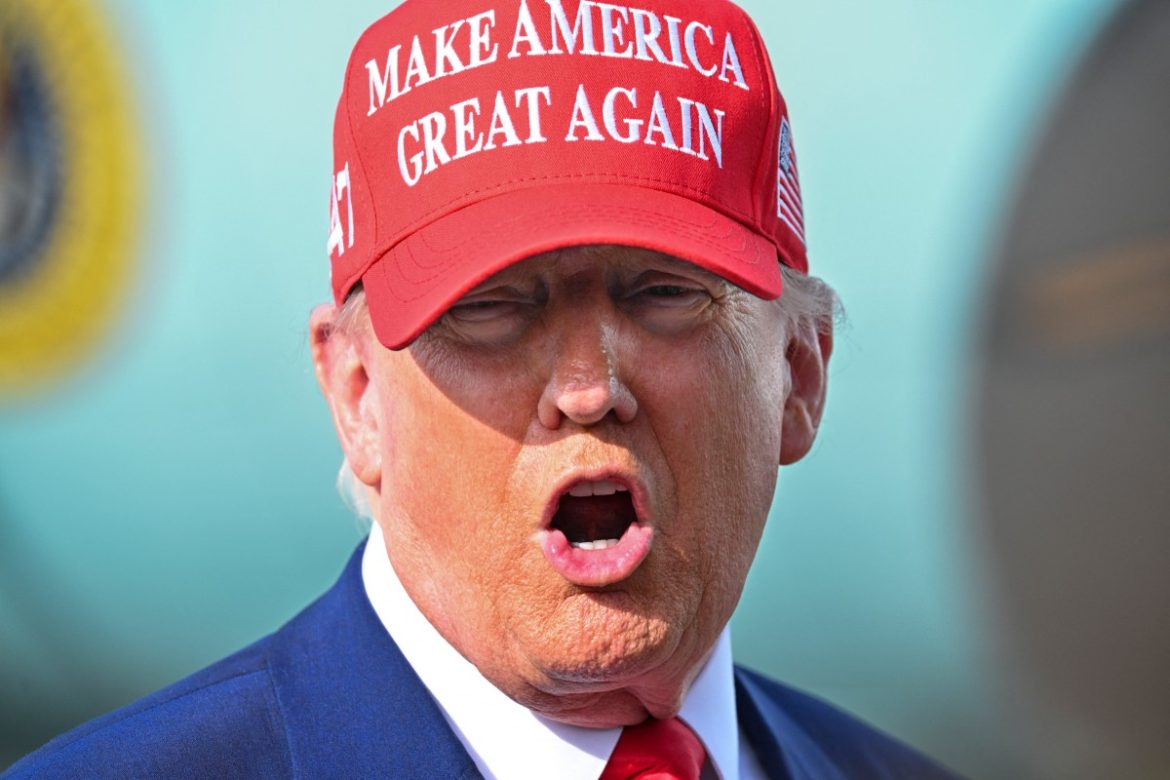London — The United States has terminated its tariff exemption for small parcels, a move that has led to significant disruptions in global trade dynamics, particularly affecting retailers who export goods to the US. The elimination of the “de minimis” provision, which previously allowed duty-free treatment for e-commerce packages valued under $800, has resulted in the imposition of tariffs as high as 145 percent on a majority of products originating from China and Hong Kong. This policy change, enacted under the direction of former US President Donald Trump, has provoked retaliatory measures from Beijing.
As a direct consequence, several international retailers have been compelled to reassess their operations concerning the US market. British retailer Space NK has temporarily halted e-commerce transactions to the United States to avoid unforeseen costs impacting customer purchases. Similarly, Understance, a Canadian company specializing in lingerie, has announced a suspension of shipments to the US, pending clearer tariff conditions.
Cindy Allen, CEO of Trade Force Multiplier, a global trade consultancy, highlighted the heavy burden these tariffs place on businesses, stating, “We’re going from zero to 145 percent, which is really untenable for companies and untenable for customers.” This sentiment is echoed by many small to medium-sized enterprises opting to withdraw from the US market altogether.
The tariff implementation varies based on shipment methods. For instance, items processed through the US Postal Service will incur a tariff equivalent to 120 percent of their value, or a minimum of $100 per package, with anticipated increases to $200 by June, as per guidelines from US Customs and Border Protection.
Retailers who choose to maintain their presence in the US are making necessary price adjustments. Oh Polly, a British fashion retailer, has already increased US prices by 20 percent and may enact further hikes. On the other hand, Shein, a Singapore-based fast-fashion retailer, reassured its US customer base via Instagram, indicating minimal pricing changes for most collections despite the new tariffs. Shein’s strategy highlights their reliance on the US market, where they primarily sell goods manufactured in China.
Similarly, Temu, representing Chinese e-commerce giant PDD Holdings, has adapted by emphasizing products stocked in US warehouses to circumvent import charges. “All sales in the US are now handled by locally based sellers, with orders fulfilled from within the country,” the company stated, ensuring stable pricing for US consumers.
Despite these measures, products imported before the tariff change on May 2 will eventually diminish. Both Shein and Temu have reduced their US digital advertising budgets, anticipating a negative impact on sales due to these policy shifts.

